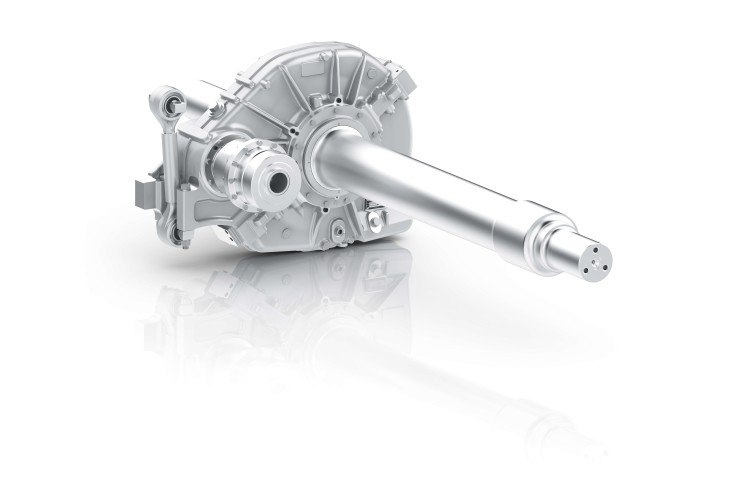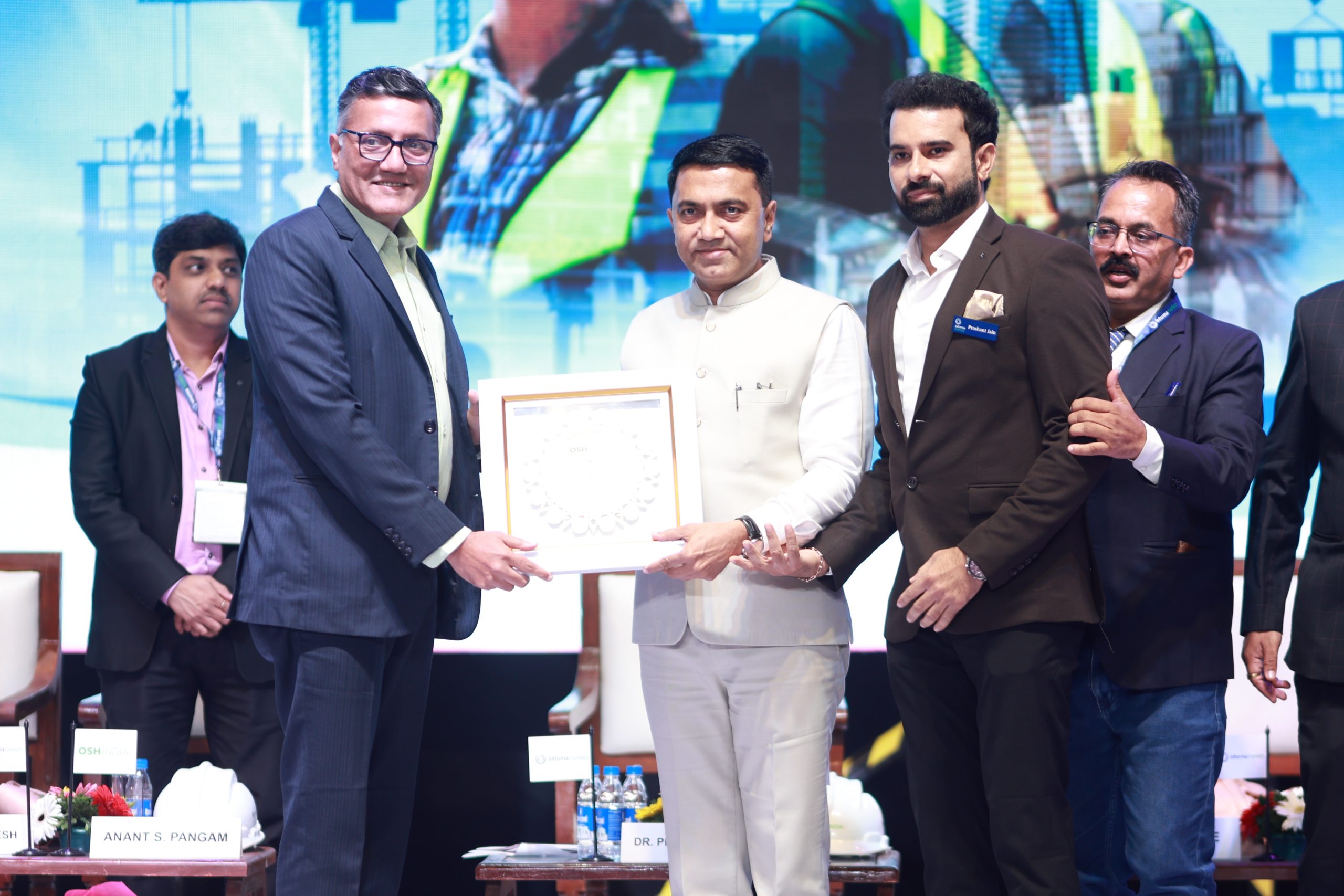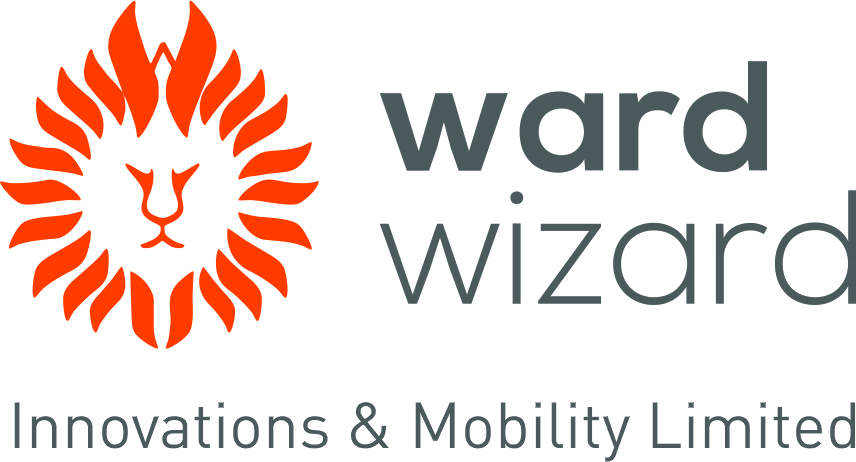Laser World of Photonics India is organising a series of road shows in several key industrial and academic cities of India leading to the final exposition to be held in Bangalore from 23 to 25 September, 2014. The third roadshow of this series was held in Pune on 6August, 2014.The road show focused on the ‘Use of Laser Technology in Automotive Industry’ and was addressed by key industrialist like Mohammed Hidayath, National Sales Manager, TRUMPF INDIA and N Shikarkhane, Scantech Laser Pvt. Ltd.
Laser and photonics technology is growing in diverse industrial applications, like the automotive sector, where new alternatives to traditional manufacturing processes are being identified. The automotive industry has been one of the driving forces behind innovative high-power laser applications. Laser offers improved flexibility and ease of automation to this sector. They are now used to process almost the entire vehicle body, including roof seam & door welding applications, annealing of door-springs, and marking of day and night panels etc.
“The laser application industry in the automotive sector is valued at approximately Rs. 80 – 120 Crore in India. Lasers help in decreasing manufacturing time, making the process 6 times faster than any conventional method. Though Laser is considerably new to the automotive sector, it is rapidly gaining acceptance and is also a major contributor in other industries like Aerospace, Oil & Gas, and Food Equipment etc.The growth of laser application in the automotive sector has remained steady in the last 2 years, and is expected to grow at a rate of 20 % in the ensuing year” said Hidayath.
“Today there isn’t an industry where laser does not find an application. Pune being the hub for Automotive Industry is always keen to upgrade and adopt the advancements in laser technology which helps them to enhance their manufacturing processes. At the same time, the decision to use a laser over an alternative manufacturing process is defined by many factors especially the need for more financial resources. Laser also offers unlimited possibilities in design, in addition to the various technical applications” added Shikarkhane,
The typical automobile manufacturing facility conforms to stringent quality standards even while working in an environment of mass produced components. Lasers help conform to qualitative expectations, especially whilst performing precise operations like cutting, welding and marking. Improved flexibility and ease of automation meet the central requirements of the automotive sector.
Today, lasers and photonics impact almost every aspect of our lives. Due to its high flexibility and its fast as well as qualitatively first-class operation mode, Laser provides for economical production even when confronted with a high diversity of components. Expense factors, such as changeover times, abrasion, or a huge footprint, are minimised effectively through the application of laser technology. The application of Lasers in the automotive industry has redefined processes, throwing up absolutely new possibilities for this sector.














Leave a Reply